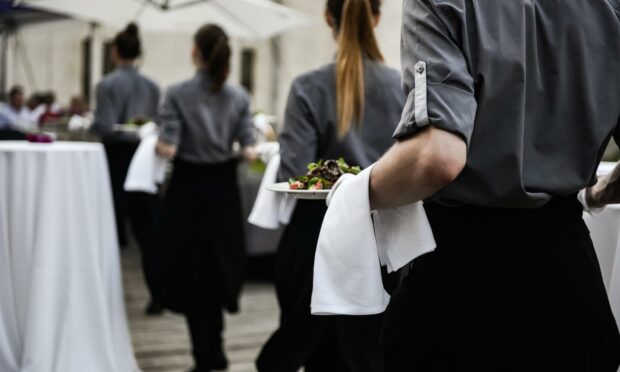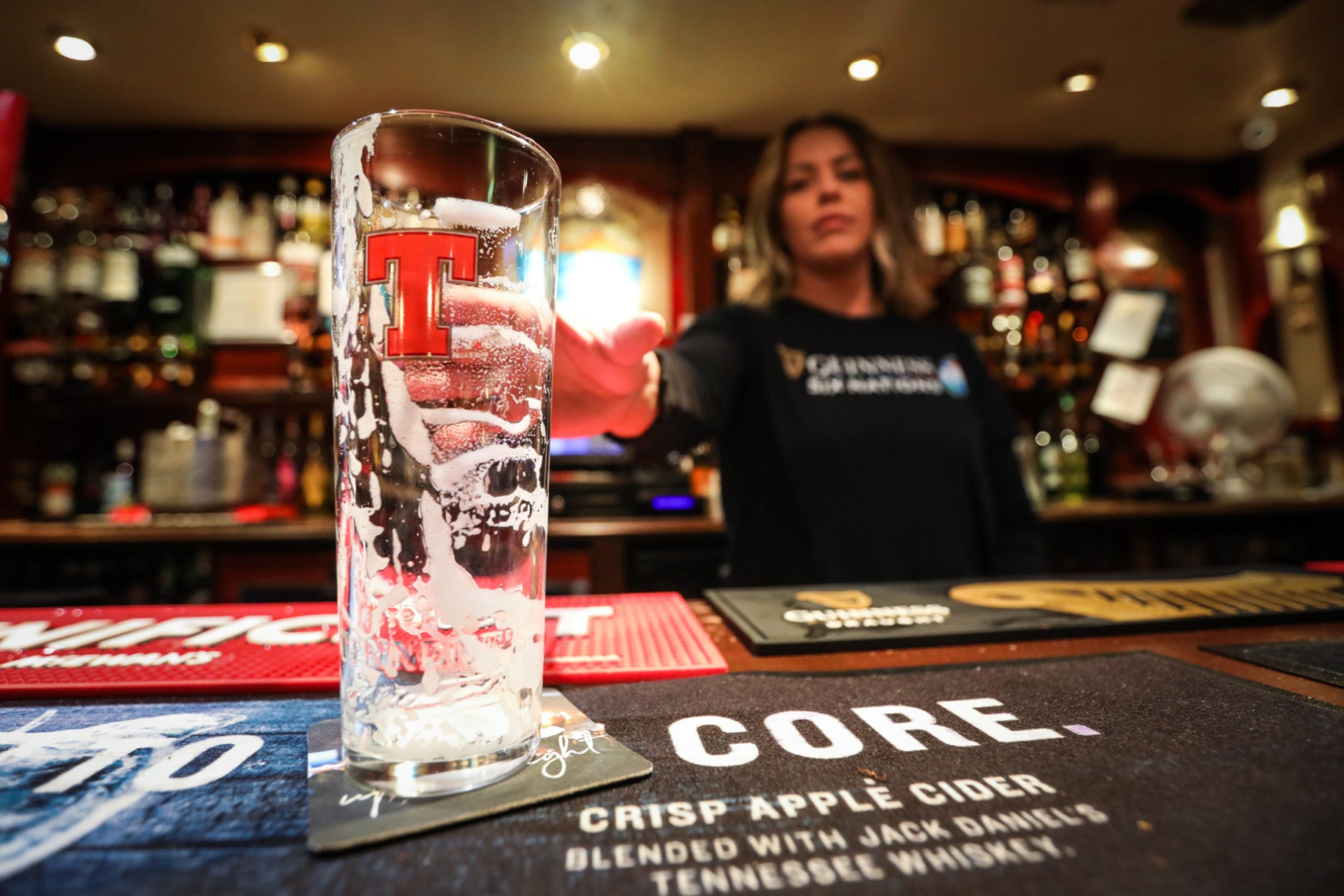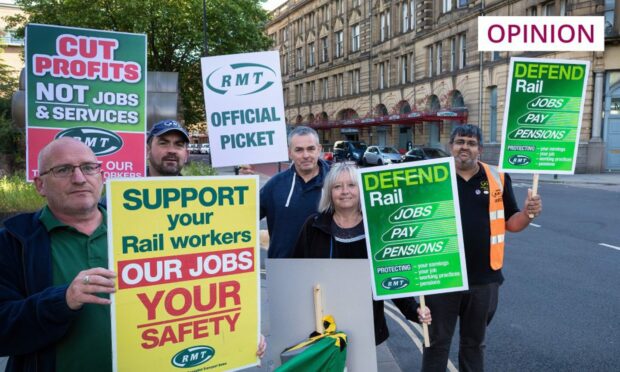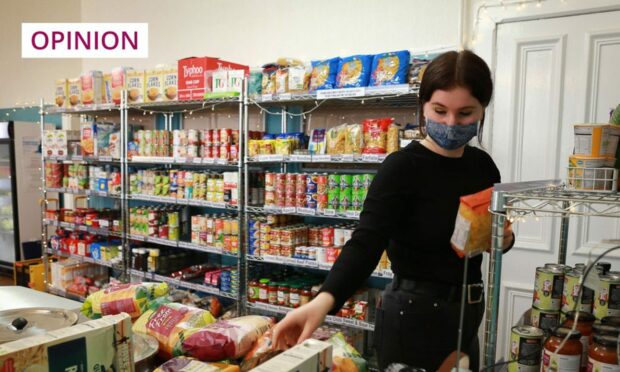It looks as though the restaurant industry may finally be having something of a Me Too moment.
This week, a national newspaper published a series of extremely damning allegations about Scottish Michelin-starred chef Tom Kitchin’s mistreatment of staff and creation of a toxic work environment.
Responses I’ve seen fall neatly into two camps: the horror of people who have enjoyed meals in these restaurants without realising that the people cooking for and waiting on them weren’t loving every second, and a weary “yup” of recognition from those who have worked in the service industry.
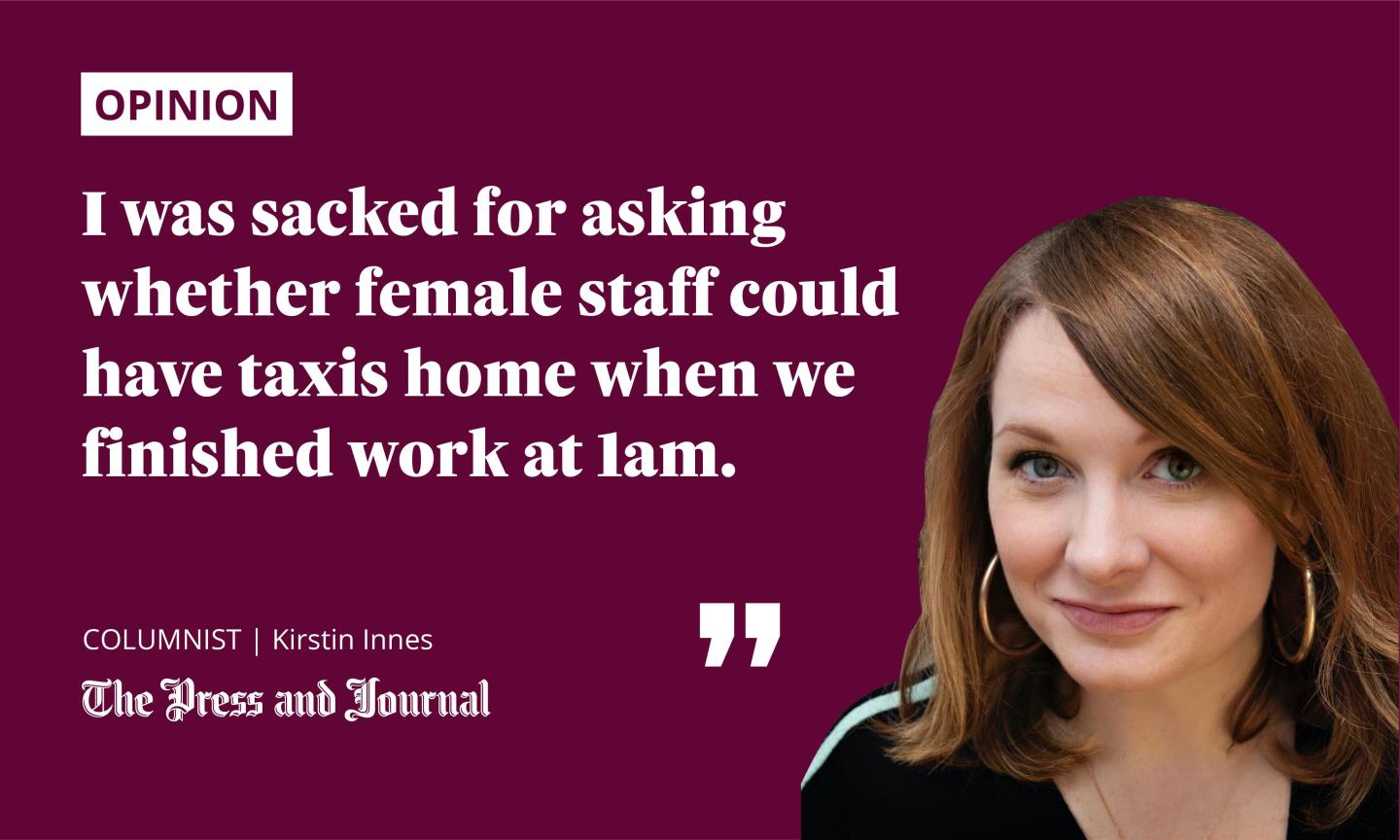
I haven’t worked in a kitchen directly, but I’ve been pretty close to them. Between the ages of 17 and 23, I worked as a waitress in Aberdeen and Edinburgh, part-time around my studies and then full-time after graduating, until I got myself onto what I viewed at the time as a “proper” career path.
In that time I made a lot of good friends – the intense nature of the work means that bonds with fellow workers are forged hard and quickly. I learned a lot about food, coffee and alcohol (I can still whip you up an excellent Irish coffee), and how to carry four plates at once. I was also sexually harassed, both by customers, in situations where the manager encouraged me to “smile it off”, and by bosses.
Overworked, underpaid and sexually harassed
In one well-known Aberdeen restaurant I worked at, the 40-something owner and his older brother sat up at the bar while the all-female waiting staff bussed plates and drinks in the tiny space around them, making comments about our bodies and telling us that they were going to take us into the back corridor “for a spit roast”.
I worked illegally long shifts, which were managed around by a 45-minute dinner break, making it officially a “split”.
I was escorted into the kitchen by my ear by the owner of a very famous Edinburgh Fringe venue, who did not know my name, to show my manager that I’d turned up for work in a dark denim rather than regulation black skirt. This was towards the end of a month of 14-hour shifts with only one day off, when I’d not had time to wash the two black skirts I owned.
I was sacked for asking whether female staff could have taxis home when we finished work at 1am
In the same place a comedian who I’d previously loved on Channel 4 told me he would “drop [his] trousers and w*** over [me]” when I asked his table to stop throwing paper aeroplanes at the waiting staff as we were trying to carry plates of hot food. I was 18.
There was the now-closed Aberdeen Mexican start-up where the chef told us on the first day we had to address him as “Chef X, and anything else is insolence”, and I was sacked for asking whether female staff could have taxis home when we finished work at 1am.
I worked in two separate cafes which became bars at night where a bag of speed was kept in the till, with staff encouraged to dab it on their gums if they were flagging.
At the other end of the scale, I spent a summer in the cafe of a large, historic Aberdeen department store, with an older head waitress who viewed all the temporary summer staff as threats, slapped us round the legs and arms with wet tea towels if she didn’t think we were moving fast enough, and openly helped herself to our tips.
The service industry feeds off the youth of transient workers
In all of these places, I was paid minimum wage. In none of these places did I feel as though I was allowed to complain, or that there was anyone to complain to.
My fellow workers and I were still young enough that we accepted that this treatment was just “what happened” in the industry. And my stories are by no means unique, nor are they even the worst experiences, as the Kitchin allegations and the wave of claims now coming out about other establishments show.
In France waiting staff study their craft, stay in their job, and are treated with respect by both customers and management
The service industry in this country feeds off the youth of transient workers, exploiting the energy of young people in their late teens and early 20s who need the money, until it burns them out and their places are filled immediately by the next load of school leavers.
It’s possibly because we don’t regard waiting tables or tending bar as careers in this country; unlike countries like France, where waiting staff study their craft, stay in their job, and are treated with respect by both customers and management.
Next time you’re out for dinner, take time to consider that the hands taking your order and bringing your food belong to a person. And, at the very least, leave them a tip.
Kirstin Innes is the author of the novels Scabby Queen and Fishnet, and co-author of the forthcoming non-fiction book Brickwork: A Biography of the Arches
